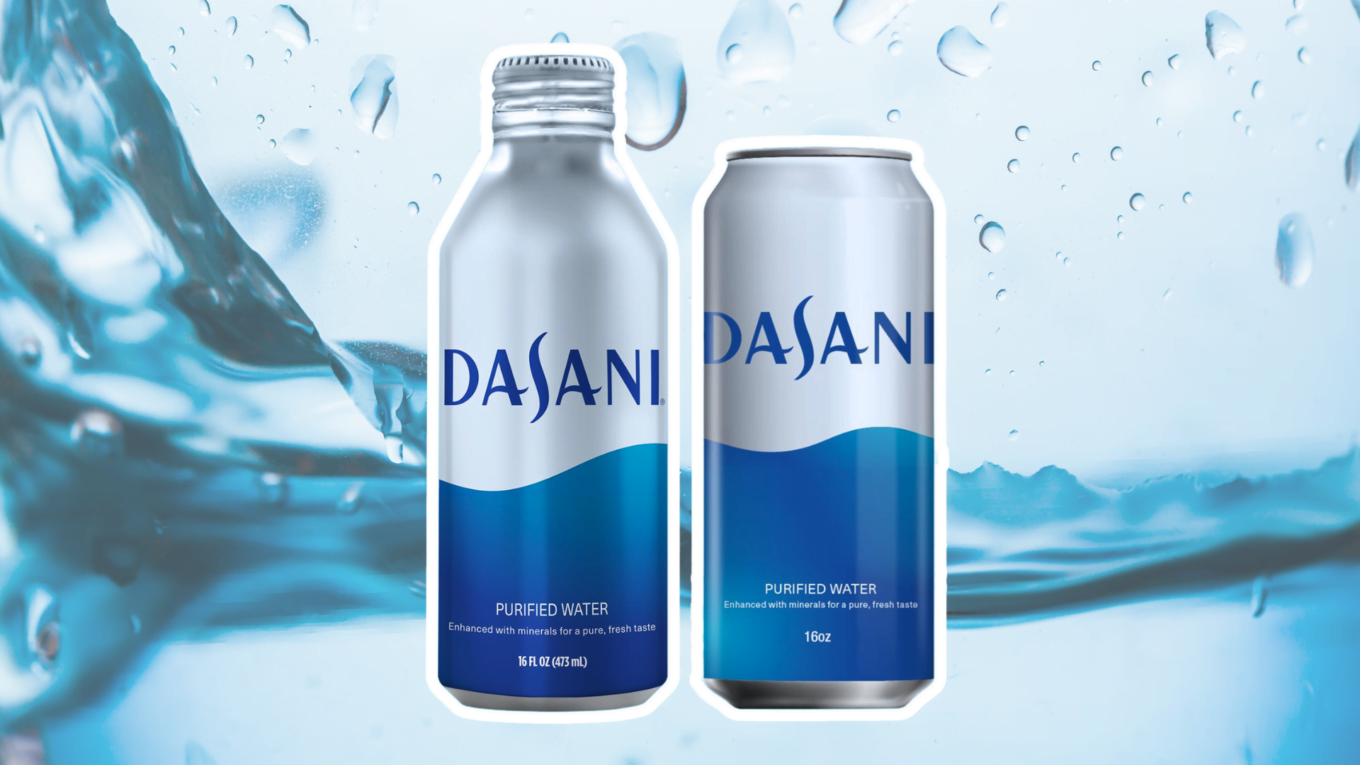This eye-opening blog post will explore the dark waters surrounding Dasani, one of America’s most popular bottled water brands.
You’ll discover the shocking truth behind Dasani’s controversies, from using filtered tap water to potentially harmful additives.
We’ll examine the facts and uncover what Coca-Cola, the company behind Dasani, doesn’t want you to know.
So, if you’ve ever wondered what goes into that clear bottle of Dasani, or if you’ve heard the rumors and want to separate fact from fiction, keep reading.
The truth about Dasani might surprise you.
Company Background
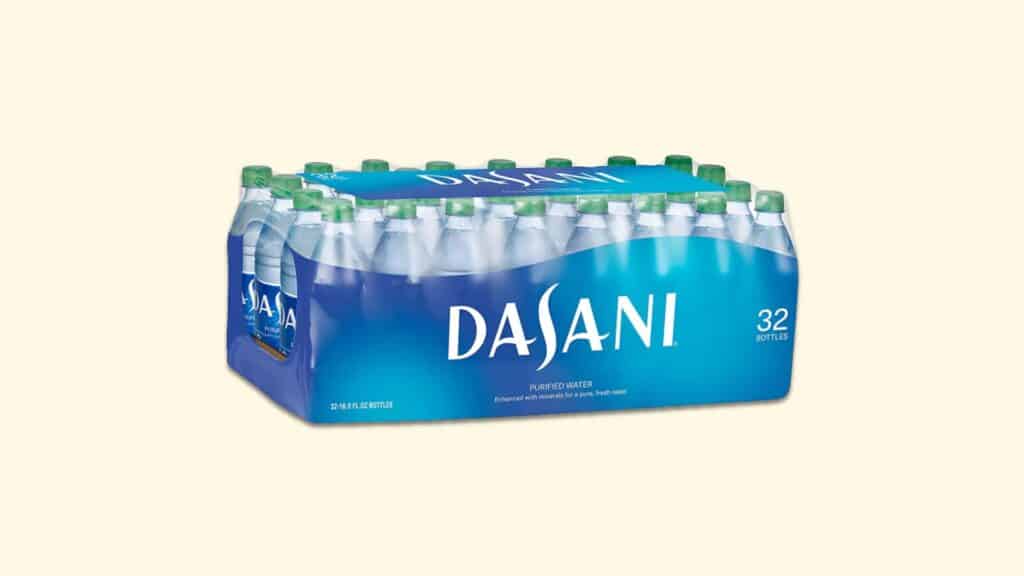
Dasani, a product of the Coca-Cola Company, was introduced to the market in 1999 as a response to the growing popularity of Pepsi’s Aquafina bottled water. Since then, Dasani has expanded its product lines to cater to a broader range of consumer preferences.
Coca-Cola recognized the potential of the bottled water market, which was experiencing significant growth due to increasing health-consciousness among consumers; by launching Dasani, Coca-Cola aimed to capture a substantial market share and compete directly with Pepsi’s Aquafina.
The introduction of Dasani was a strategic move by Coca-Cola to diversify its product portfolio and tap into the profitable bottled water industry.
The company leveraged its extensive distribution network and marketing expertise to promote Dasani and establish it as a major player in the market.
Key Controversies: Scandals in the United Kingdom
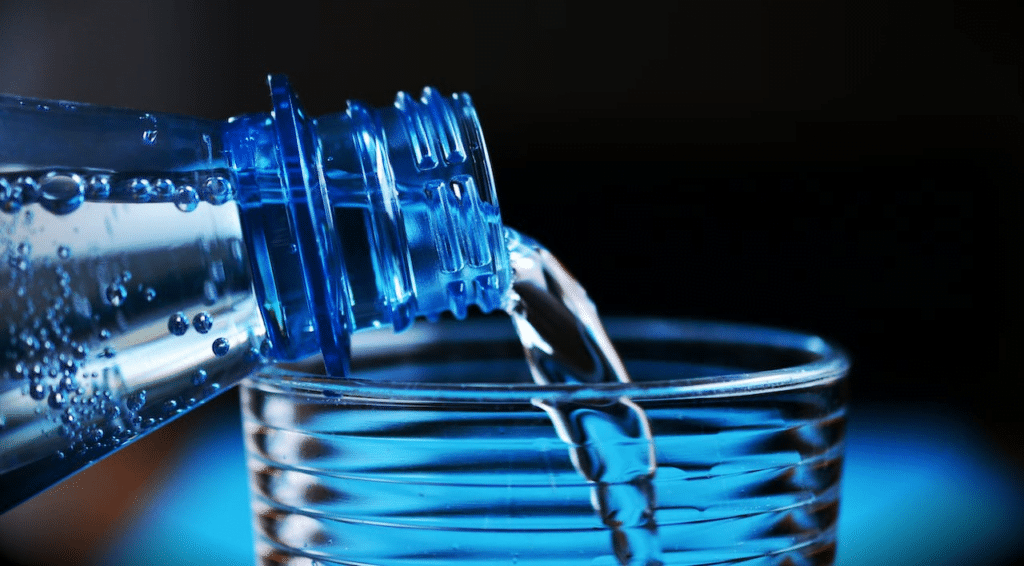
Dasani’s introduction to the United Kingdom market was met with major scandals that ultimately led to the brand’s downfall.
The revelation that Dasani was sourced from purified tap water and a subsequent contamination issue severely damaged the brand’s reputation.
1. Tap Water Revelation
The scandal began when it became clear that Dasani water sold in the UK was not sourced from a natural spring or glacier, as many consumers believed, but was purified tap water from London. This information sparked widespread public outrage and accusations of deception, as people felt misled by the brand’s marketing.
The public’s trust in Dasani was severely damaged, and the brand’s reputation took a significant hit. Many consumers expressed dissatisfaction and felt they had been paying a premium price for the same water they could get from their taps at home.
2. Bromate Contamination
As if the tap water revelation wasn’t enough, Dasani faced another scandal shortly after. A batch of Dasani water was found to contain bromate, a chemical compound suspected of increasing the risk of cancer. This discovery led to the recall of half a million bottles of Dasani water in circulation in the UK.
The bromate contamination issue and the tap water controversy proved too much for Dasani to overcome. The brand was eventually banned in the UK, and Coca-Cola, Dasani’s parent company, suffered significant financial losses and damage to its reputation.
Key Controversies: United States Controversies
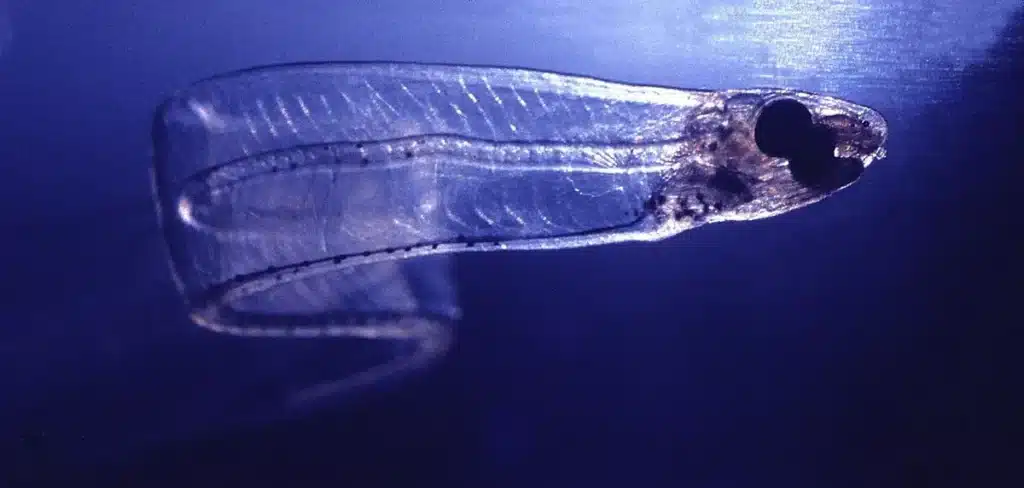
While Dasani has maintained its presence in the United States, the brand has not been immune to controversies.
A parasite hoax and concerns about plastic contamination have caused consumers to question the safety and quality of Dasani water.
1. Parasite Hoax
In 2017 and 2018, false reports circulated online claiming Dasani water contained parasitic worms. These reports alleged that the parasites were causing symptoms such as rashes, vomiting, and fevers in people who drank the water.
Coca-Cola quickly addressed these claims, stating that they were false and that Dasani water was safe to drink. However, the damage had already been done. The hoax caused public panic and mistrust in the brand, with many consumers vowing to avoid Dasani water altogether.
2. Plastic Contamination
Recent studies have raised concerns about plastic microparticles in many bottled water brands, including Dasani. These microparticles believed to originate from bottle caps, have been found in varying quantities in different brands.
While current evidence suggests that these microparticles do not pose significant health risks, their presence has raised questions about the environmental impact of bottled water and its potential long-term effects on human health. The World Health Organization has called for further research to understand better the implications of consuming these microparticles.
Although the plastic contamination issue is not unique to Dasani, it has contributed to the controversy surrounding the brand and the bottled water industry.
Key Controversies: Additives and Taste Concerns
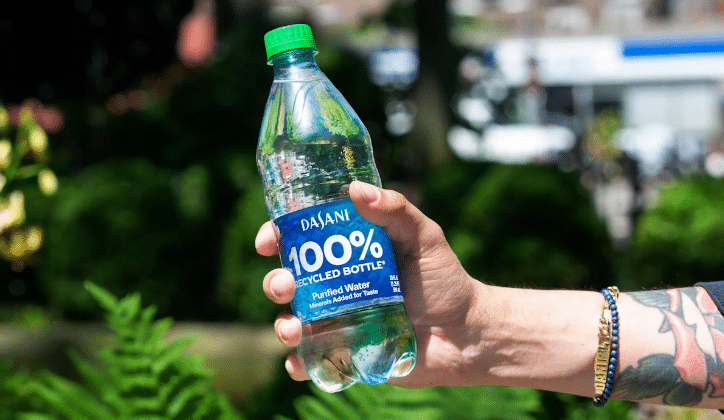
Popular YouTuber Shane Dawson recently stirred up a heated debate about Dasani water, raising questions about its taste, the presence of a “fizz” sound when opening the bottle, and the inclusion of additives like salt.
Dawson’s video has sparked significant public interest and controversy surrounding the well-known bottled water brand.
1. Shane Dawson’s Allegations
In his YouTube video, Dawson reviewed claims that Dasani water has an unusual taste, makes a distinct “fizz” sound upon opening, and contains additives such as salt. He suggested that these factors might be harmful or suspicious, leading many viewers to question the safety and quality of Dasani water.
2. Expert Explanations
However, water quality experts have stepped forward to address these concerns. They explain that the “fizz” sound is most likely caused by the release of pressure when the bottle is opened and not due to carbonation or any harmful additive.
Peter Gleick, a renowned water quality expert, noted that the additives found in Dasani water, such as magnesium sulfate, potassium chloride, and salt, are common in many bottled water brands. These additives ensure a consistent taste across different production locations and are not considered harmful in the quantities present.
What’s Inside Dasani Water?
1. Magnesium Sulfate
Dasani adds magnesium sulfate to its water to enhance taste and provide a source of magnesium, an essential mineral. However, some consumers have expressed concerns about the necessity and safety of this additive.
Magnesium sulfate, when consumed in large amounts, can have laxative effects and cause gastrointestinal discomfort.
Those who prefer a more natural, additive-free drinking water have criticized the presence of magnesium sulfate in Dasani water.
2. Potassium chloride
Potassium chloride is another ingredient in Dasani water, added to improve taste and provide a potassium source.
While potassium is an important electrolyte for proper heart, muscle, and nerve function, excessive potassium chloride intake can be harmful.
High blood potassium levels can cause hyperkalemia, which can lead to muscle weakness, irregular heartbeat, and even cardiac arrest in severe cases. Some consumers question the need for adding potassium chloride to drinking water.
3. Salt
Dasani includes salt in its water to improve flavor, but this addition has raised health concerns.
Regular consumption of salt-enhanced water can contribute to increased sodium intake, which can potentially lead to high blood pressure and fluid retention in some individuals.
People on low-sodium diets or those with hypertension may need to limit their intake of Dasani water due to its salt content.
Comparative Analysis: Dasani vs. Other Bottled Water Brands
| Brand | Taste Description | Price Range (per bottle) | Accessibility |
|---|---|---|---|
| Dasani | Clean, can have a slight mineral aftertaste | $1.00 – $1.50 | Widely available in most stores |
| Aquafina | Very pure, lacks mineral taste | $1.00 – $1.50 | Widely available in most stores |
| Fiji Water | Smooth, natural artesian water with a soft taste | $1.80 – $2.50 | Available in most grocery stores |
| Evian | Soft and balanced mineral content | $1.50 – $2.50 | Available in supermarkets and online |
| Smartwater | Vapor-distilled, crisp, and clean | $1.50 – $2.00 | Widely available |
| Voss | Crisp and clean, aesthetic packaging | $2.00 – $3.50 | Available in upscale stores and online |
| Waiakea | Naturally alkaline, volcanic filtration | $2.00 – $3.00 | Available online and in select stores |
| Icelandic Glacial | Exceptionally pure, natural alkalinity | $1.75 – $2.50 | Available in select supermarkets |
Sales Figures and Market Presence
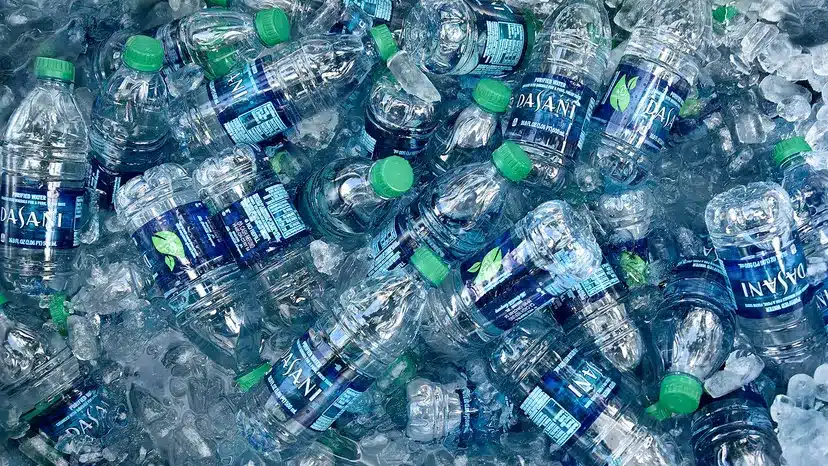
Dasani quickly gained a significant share of the bottled water market, generating substantial revenue for Coca-Cola. In 2018 alone, Dasani surpassed the one billion dollar mark in sales, cementing its position as a major player in the industry.
The brand has become the second-largest bottled water brand in the United States. It has expanded its reach to other countries, including Canada, the United Kingdom, Ireland, and South America. Coca-Cola’s extensive distribution network has been instrumental in Dasani’s success and has allowed the brand to maintain its market position despite fierce competition.
Summing It Up
The controversies surrounding Dasani water have raised serious questions about the brand’s transparency, quality, and safety.
Dasani has faced numerous challenges that have destroyed consumer trust, from the use of purified tap water to the presence of potentially harmful additives and contaminants.
Despite its market success, the brand must address these concerns head-on to regain public confidence.
As consumers become increasingly aware of bottled water’s environmental and health implications, it is crucial for Dasani to prioritize transparency, invest in sustainable practices, and ensure the highest standards of water quality.
Only by taking these steps can Dasani hope to rebuild its reputation and maintain its position as a leader in the bottled water industry.
The question remains: will Coca-Cola rise to the challenge and restore faith in its flagship water brand?

